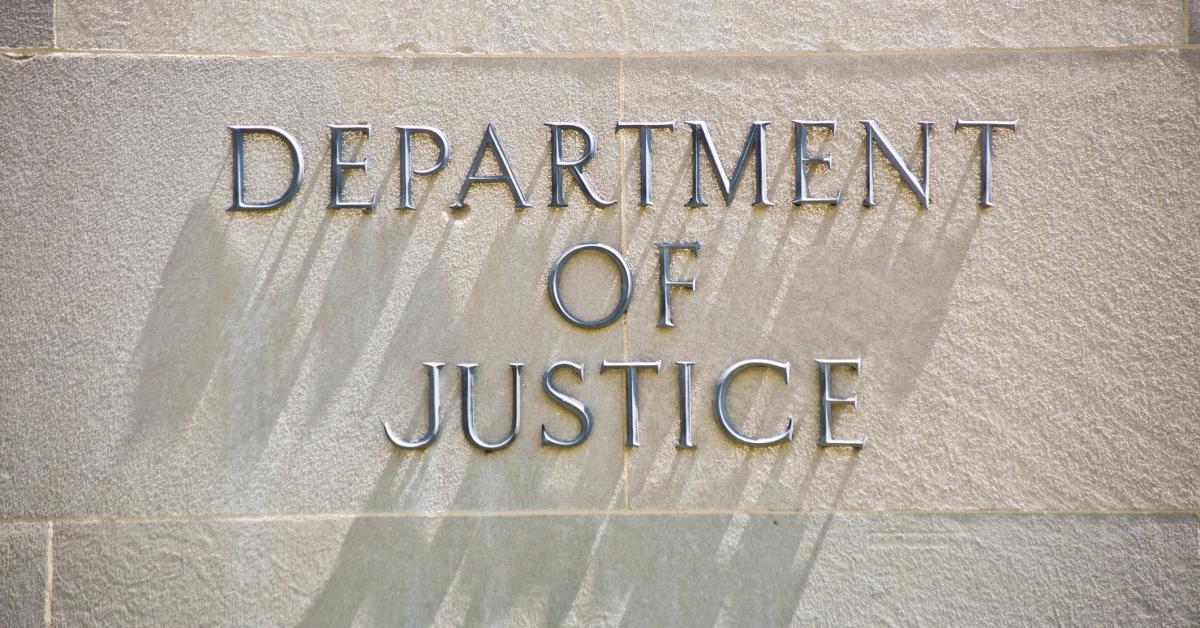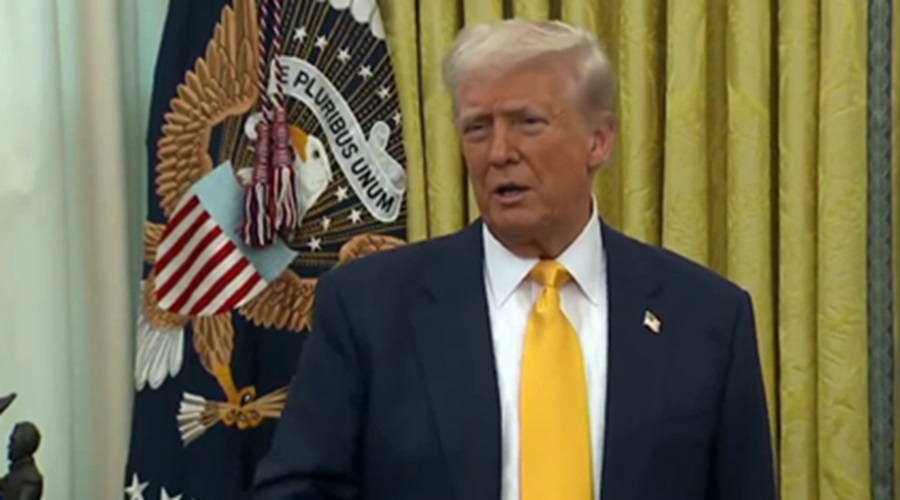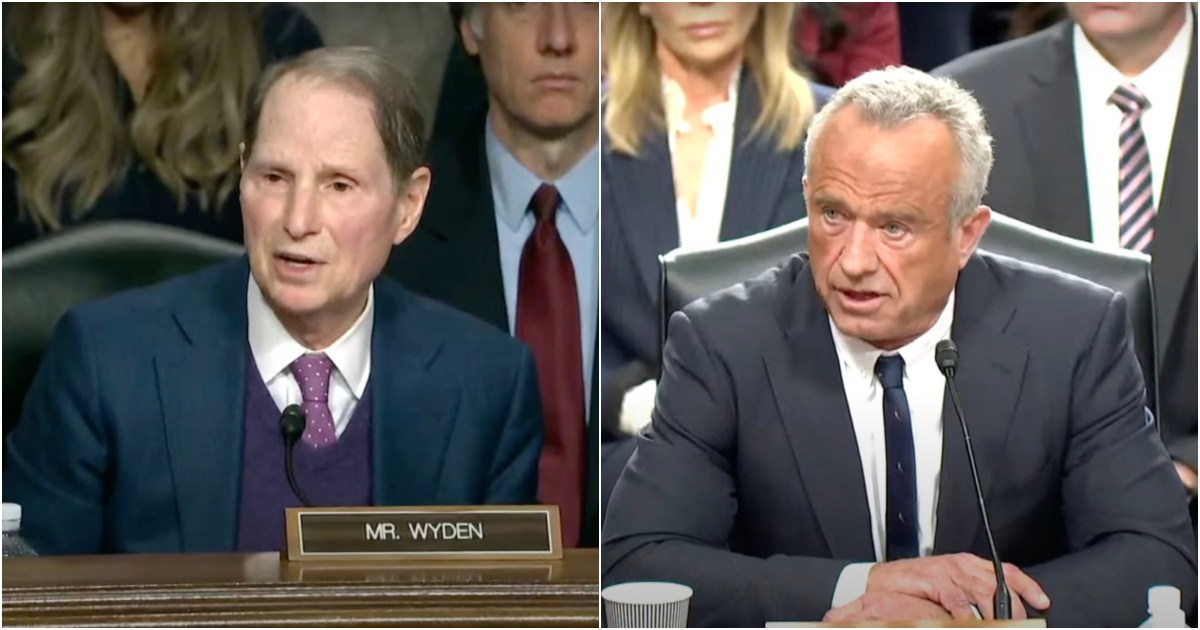A Romanian citizen named Thomasz Szabo has confessed in a U.S. court to orchestrating a prolonged conspiracy that involved swatting several members of Congress and even a former U.S. president. According to federal authorities, Szabo, aged 26, admitted to leading an online community that targeted over 25 congressional members, former executive branch officials, and numerous senior federal law enforcement officers. The Justice Department revealed that Szabo pleaded guilty to conspiracy charges and making threats involving false information about explosives.
“This defendant’s targeted and ruthless behavior put countless people in danger,” stated U.S. Attorney Jeanine Pirro. She emphasized how swatting—falsely reporting a violent threat to provoke a police response—depletes vital resources and can lead to severe harm. Pirro warned that those misusing police resources for such senseless acts will face consequences.
The incidents, which included threats to religious establishments, began back in 2020. Szabo confessed to making a false report threatening a mass shooting at New York City synagogues in 2020 and planning to detonate explosives at the U.S. Capitol in January 2021. “This defendant led a dangerous swatting criminal conspiracy,” remarked Attorney General Pam Bondi, highlighting the ongoing commitment to safeguarding Americans and collaborating internationally to halt these threats.
Szabo’s actions were not limited to the U.S. alone. He was extradited from Romania last year and is set to receive his sentencing on October 23. This case underscores the importance of international cooperation in tackling cybercrime that transcends borders.
The swatting incidents initiated by Szabo’s gang were not only malicious but also calculated. By targeting high-profile individuals, they aimed to disrupt national security and instill fear. The Justice Department stands firm in its resolve to bring such offenders to justice.
Federal authorities stressed the importance of holding Szabo accountable to deter similar future crimes. Swatting is not just a prank; it poses real dangers to public safety and security. Law enforcement agencies are working tirelessly to prevent such incidents and protect citizens.
Pam Bondi highlighted the ongoing focus on protecting Americans from threats originating both domestically and abroad. Szabo’s case serves as a reminder of the risks associated with digital platforms when misused. The collaboration with international partners played a crucial role in apprehending Szabo.
This case illustrates the complexities of modern law enforcement in an interconnected world. The use of technology for criminal purposes requires a robust and coordinated response. Authorities are dedicated to combating such threats and ensuring justice is served.
Swatting, once considered a minor prank, has evolved into a serious threat. The potential for injury or death makes it imperative for law enforcement to treat these cases with utmost seriousness. The actions of individuals like Szabo highlight the need for stringent measures against such crimes.
By targeting government officials, Szabo’s group aimed to undermine confidence in public safety. However, through coordinated efforts, law enforcement successfully disrupted this malicious network. The outcome of this case will hopefully serve as a deterrent to others.
Szabo’s guilty plea marks a significant step in addressing cybercrimes involving false reports. The Justice Department’s commitment to prosecuting such offenses sends a clear message. Protecting public figures and the general population remains a top priority.
The swatting threats extended beyond mere hoaxes, representing a direct challenge to security agencies. The involvement of international partners was pivotal in resolving the case. This collaboration showcased the effectiveness of global law enforcement networks.
The Justice Department’s actions reflect a broader strategy to combat swatting and related crimes. Technology can be a double-edged sword, and its misuse poses significant challenges. Authorities remain vigilant in their efforts to address these evolving threats.
Szabo’s sentencing will likely serve as a precedent for handling similar cases in the future. The legal system’s response to such crimes is crucial in maintaining public trust. Efforts to strengthen international cooperation will continue to be vital in countering cyber threats.



